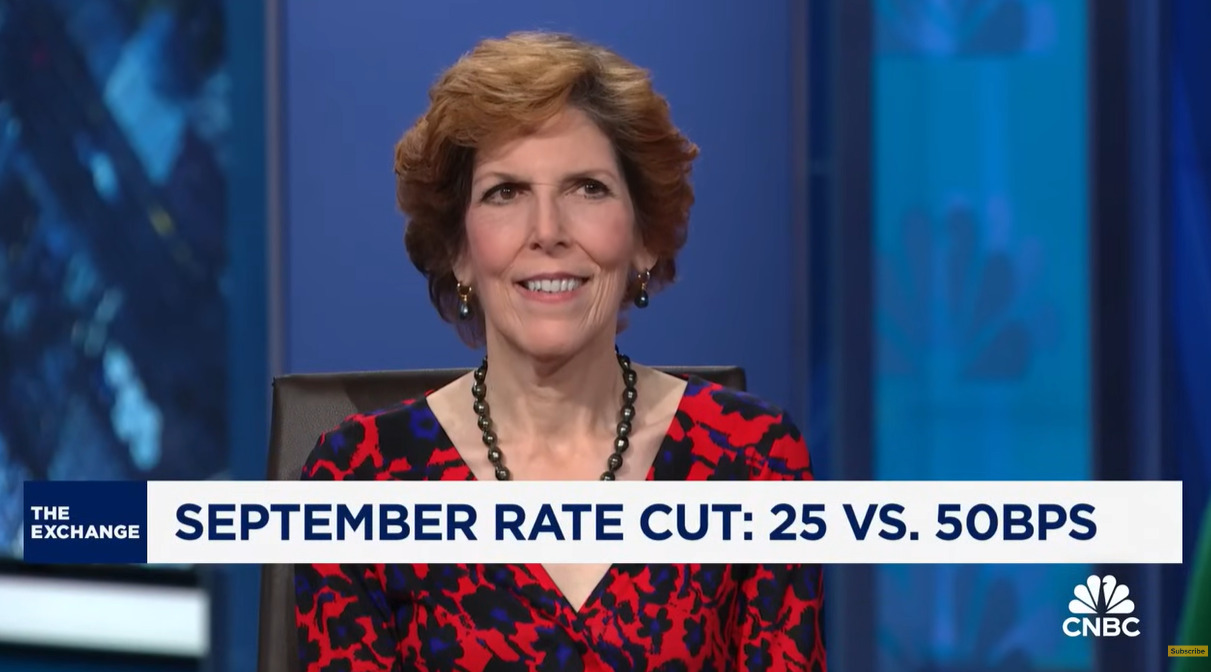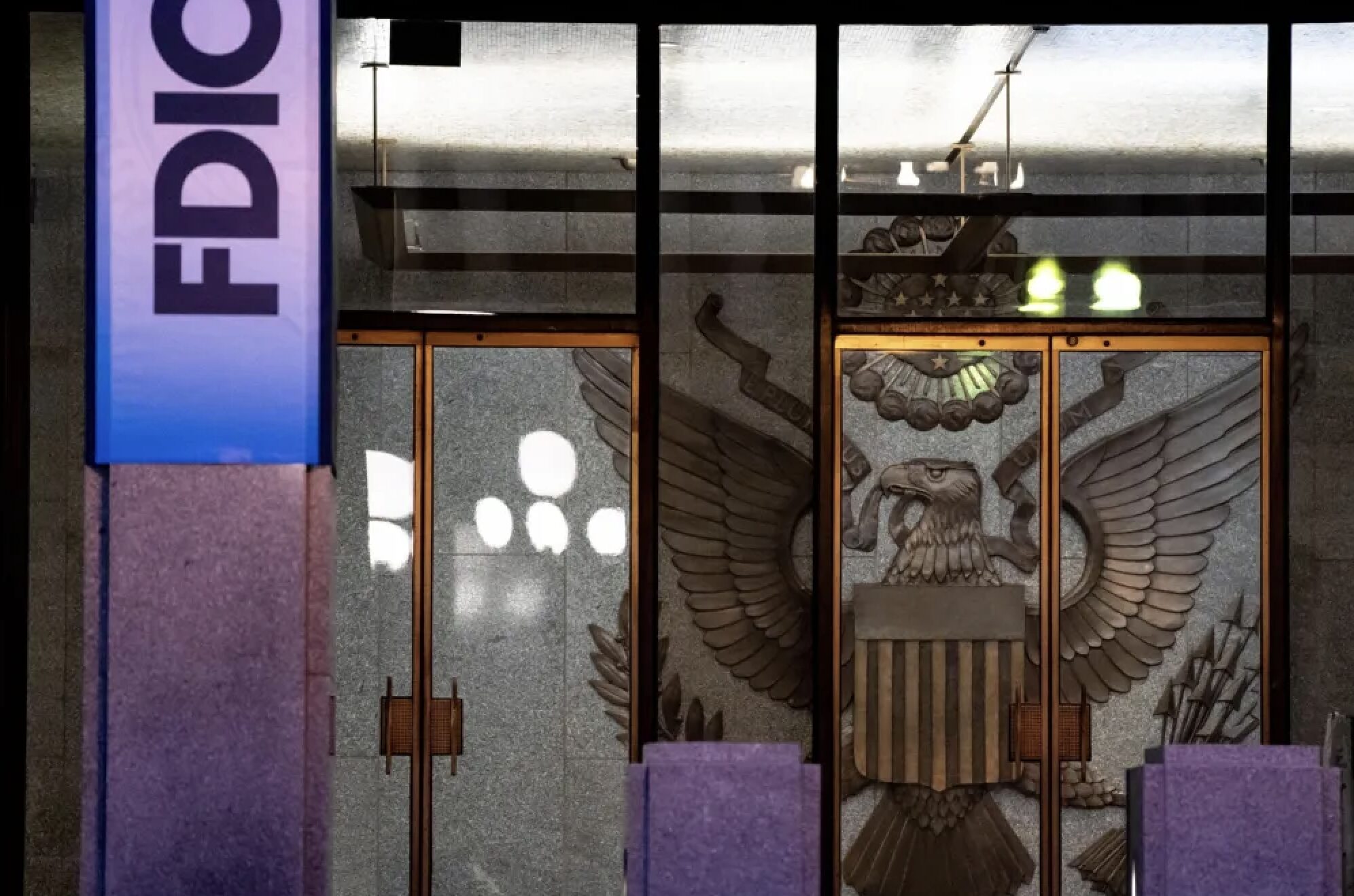While credit unions are owned by their member depositors, these non-bank financial institutions are acting more and more like profit-seeking commercial entities. They generate additional capital by raising funds from Wall Street investors, such as hedge funds and private equity firms; purchase the naming rights for professional sports stadiums, including that of the Washington Commanders; and buy private planes for their executives.
They are also gobbling up taxpaying community banks, such as mine. Credit unions in 2024 announced a record number of acquisitions of community banks. These local banks contribute roughly $15 billion in tax revenue each year, revenue which is reduced each time a community bank is assumed by a credit union.
This raises questions of competitive fairness. And what of the impact on communities as their local community bank is swallowed up by remote, tax-exempt competitors? Community banks account for roughly 60 percent of U.S. small-business loans under $1 million and 80 percent of banking industry agriculture loans. What does a credit union 20 miles outside Boston know about the needs of our small, rural Eastern Shore communities nearly 400 miles away? These deals can have a substantial impact on local economies.
Tax subsidies are not the only source of competitive unfairness. Credit unions also enjoy an exemption from the Community Reinvestment Act, which requires financial institutions to help meet the needs of low- and moderate-income communities. Policymakers already have begun raising questions about this exemption after a report of discriminatory lending at the nation’s largest credit union — Navy Federal Credit Union, with 14 million members — and the first-ever Justice Department redlining settlement with a credit union. Credit unions have also been heavily criticized for high consumer fees, which disproportionately fall on low-income households.
Banking groups have long called on Congress to hold hearings on the credit union tax exemption, while the nonpartisan Tax Foundation has called for weaning credit unions off taxpayer subsidies. If Congress decides to close or limit the credit union tax exemption, it would be following an established path it has taken with other financial institutions. Lawmakers voted in 1951 to revoke the tax exemption for building and loan associations, cooperative banks, and mutual savings banks, finding that these institutions operated much like commercial banks and should thus be taxed.
Credit unions once played an important and proud role in serving strongly associated, well-defined underserved communities. Many still do, and for them, tax benefits could be preserved. But too many have been egregiously abusing their tax benefits, costing the government needed tax revenue while creating even more challenges for community banks, which already struggle with excessive regulatory burdens. Policymakers should at the very least use this year’s debate over tax reform to take a fresh look at credit union policies.







